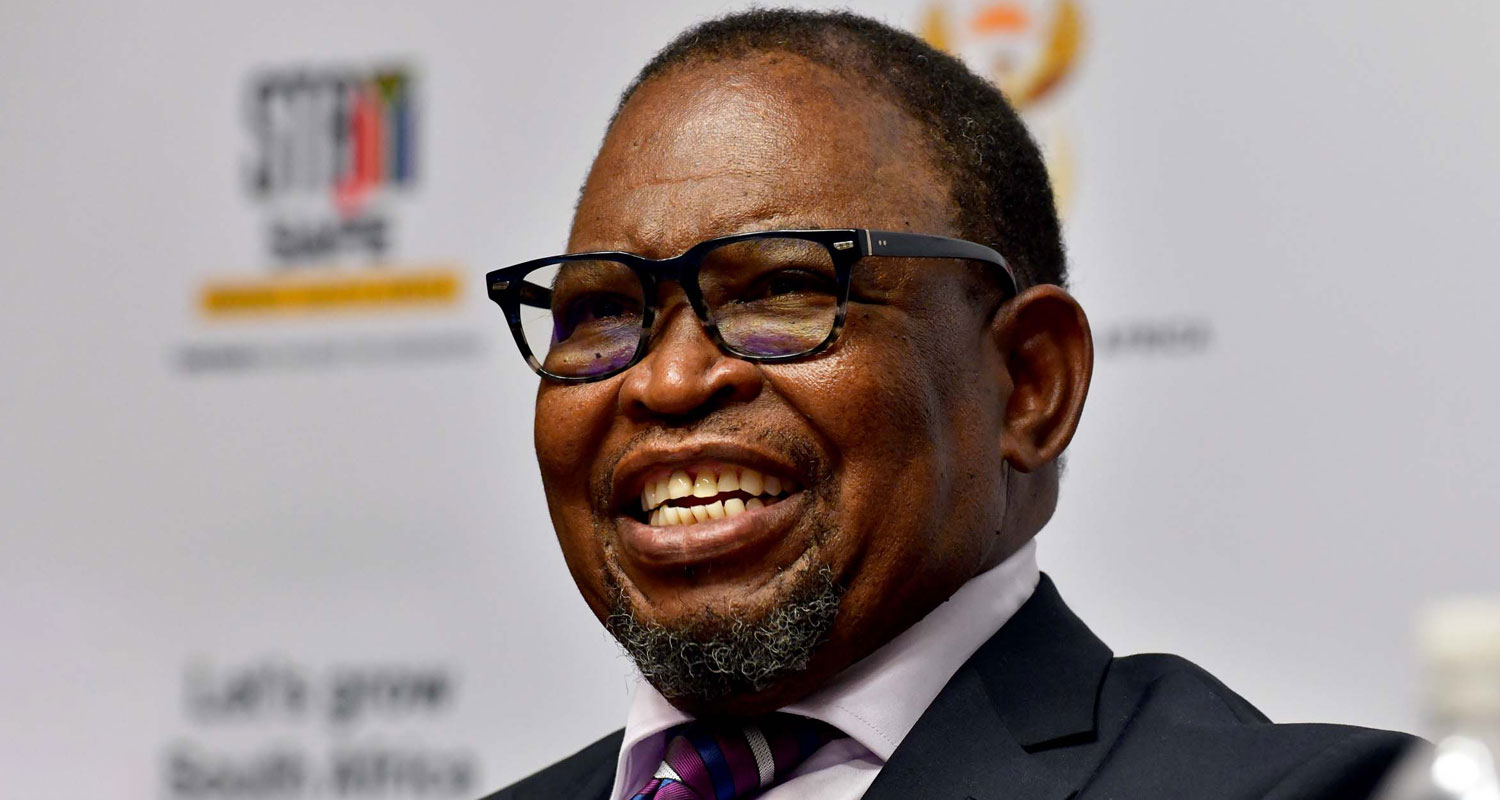
Finance minister Enoch Godongwana faces the task of incorporating a credible debt-relief plan for Eskom in the national budget while stabilising government finances as record blackouts weigh on the economy.
The minister said in October that the state will absorb between a third and two-thirds of Eskom’s liabilities of about R400-billion. The amount and some of the transfer terms are likely to be announced in his 22 February budget. Nine of 17 economists surveyed by Bloomberg reckon the government can afford to assume half the utility’s loan obligations without compromising efforts to reduce the budget deficit and rein in debt.
Reducing Eskom’s liabilities will allow the loss-making company to raise funds to carry out plant maintenance and strengthen the power grid. But it will also add to the state’s overall debt burden of almost R5-trillion and to its debt-service costs, the fastest-growing expenditure line item for about a decade.
Godongwana has previously said national treasury will make relief contingent on Eskom meeting performance targets and the transfer of funds will be staggered. He doesn’t envision the utility’s bondholders being asked to take haircuts, which would be tantamount to a default.
The plan “won’t necessarily overturn the applecart, but if government debt is not carefully managed and treasury fails to follow through on consolidating public finances, South Africa will likely struggle to avoid going off a fiscal cliff,” said Jee-A van der Linde of Oxford Economics Africa.
Record blackouts will complicate Godongwana’s efforts to convince markets that key fiscal metrics, including the budget gap and primary balance, will improve. The outages cost the country as much as R899-million/day and have prompted the central bank to cut its 2023 economic growth forecast to 0.3% from 1.1%.
The treasury will revise its economic growth outlook, but cutting its forecast nominal GDP values “too drastically wouldn’t be judicious”, said Annabel Bishop, chief economist at Investec Bank. The treasury “would do well to err on the side of caution and not collapse its economic growth forecasts as drastically as the South African Reserve Bank” as that will worsen debt-to-GDP ratios and the projected health of government finances, she said.
Elections
Pay concessions for civil servants and increasing welfare payouts may also weigh on the spending framework as the ANC tries to shore up support before elections next year. The state’s wage bill is likely to overshoot previous budget estimates, according to 78% of respondents in Bloomberg’s survey, while 41% see a chance of a basic income grant being announced before the vote.
Several opinion polls show the ANC risks losing its national majority in 2024.
While South Africa has benefited from windfall revenue buoyed by higher commodity prices and mining company profits, severe power cuts and state-owned port-and-rail operator Transnet’s difficulties in getting goods to harbour for export may curb future collections.
Read: Eskom plant breakdowns hit 21GW
Government relief to offset food price inflation and tax breaks for business and households that self-generate power may further cloud the fiscal outlook. Transnet, which has breached its debt covenants, is also likely to receive a bailout, according to 71% of the economists polled.
Read: Government to take on Eskom debt in staggered way
South Africa considers the primary budget balance its most critical fiscal anchor. More than half the economists surveyed see the shortfall swinging to a surplus in 2025, a year later than the treasury previously forecast. — Prinesha Naidoo and Sarina Yoo, (c) 2023 Bloomberg LP




